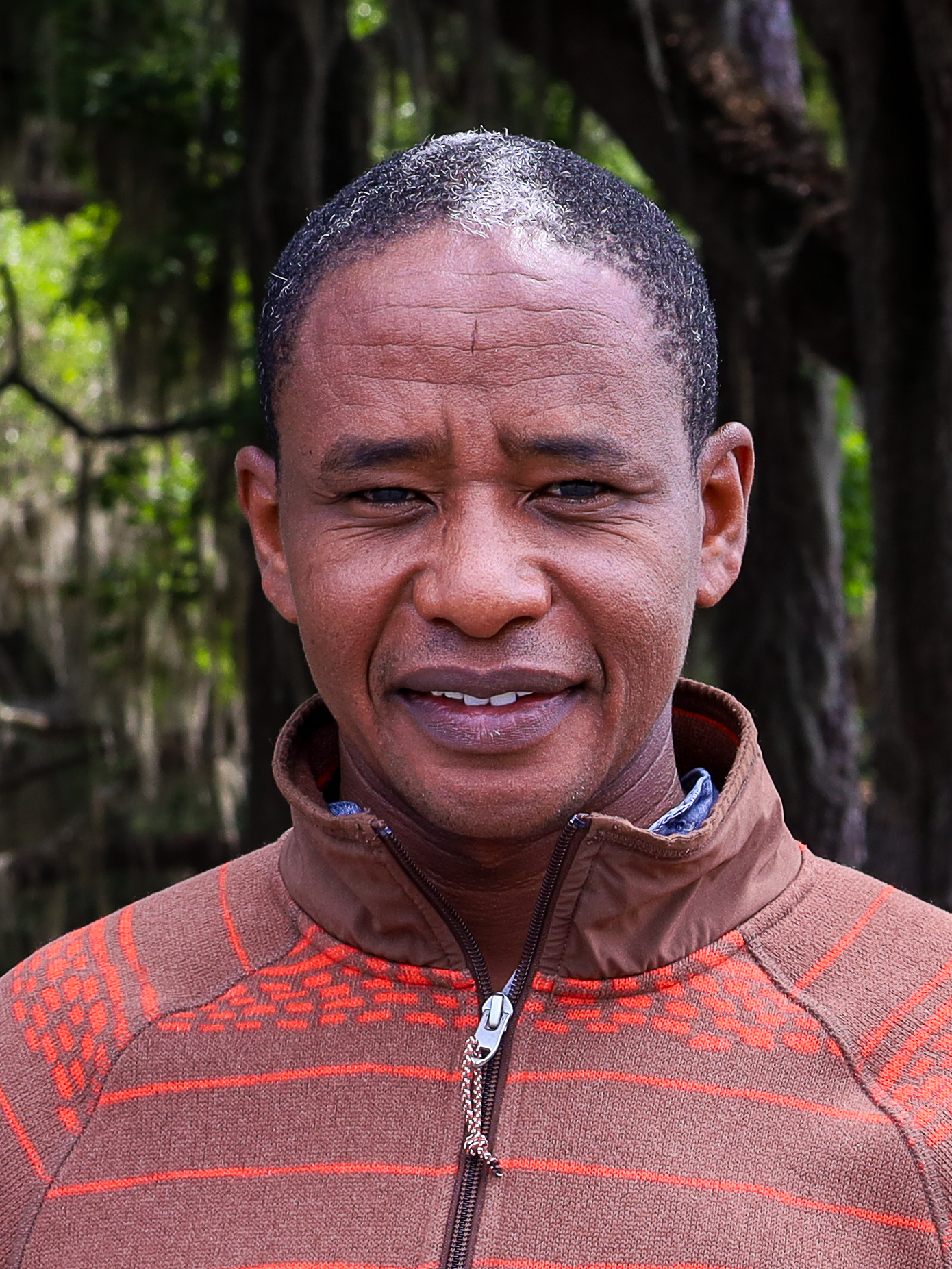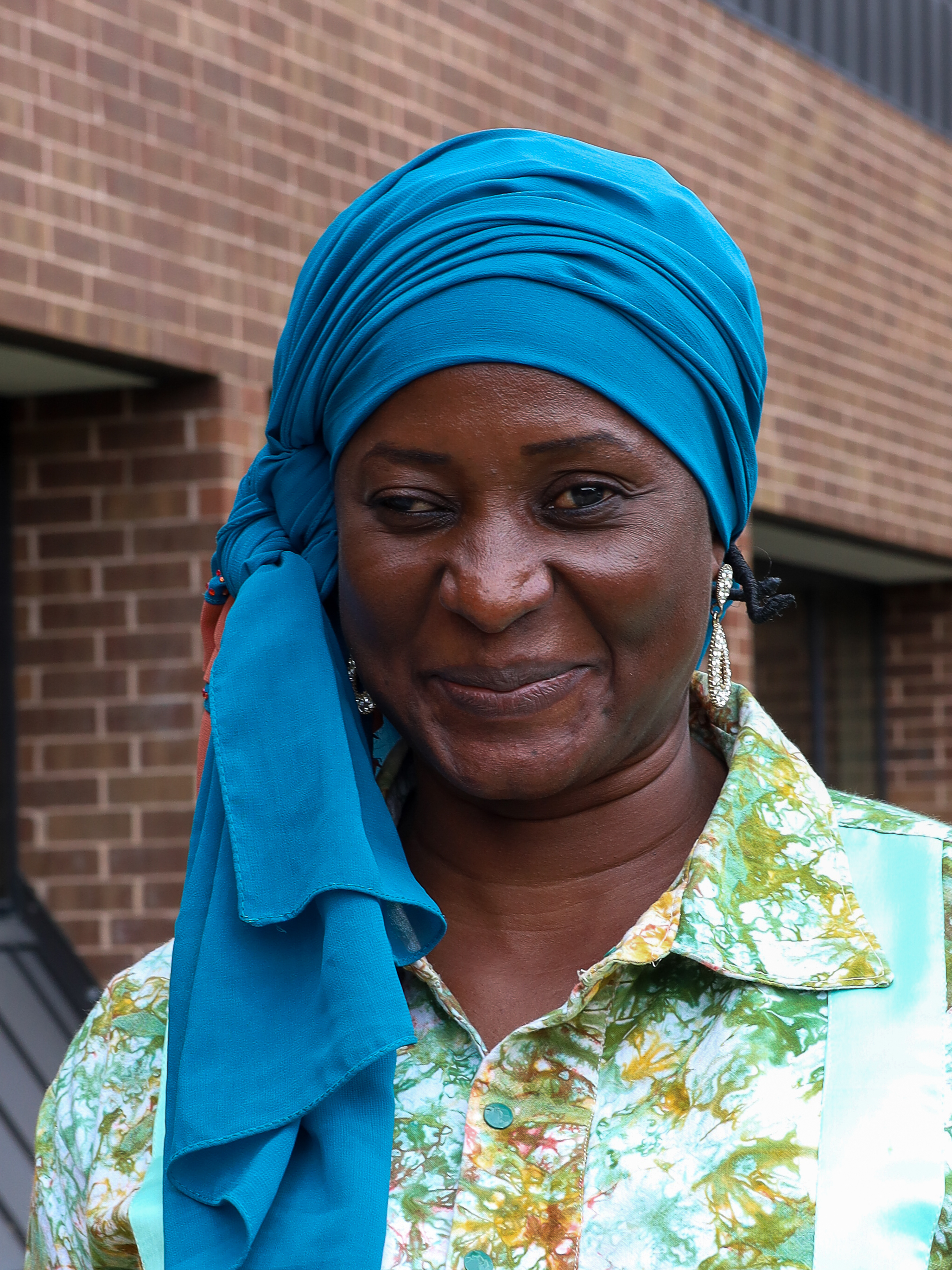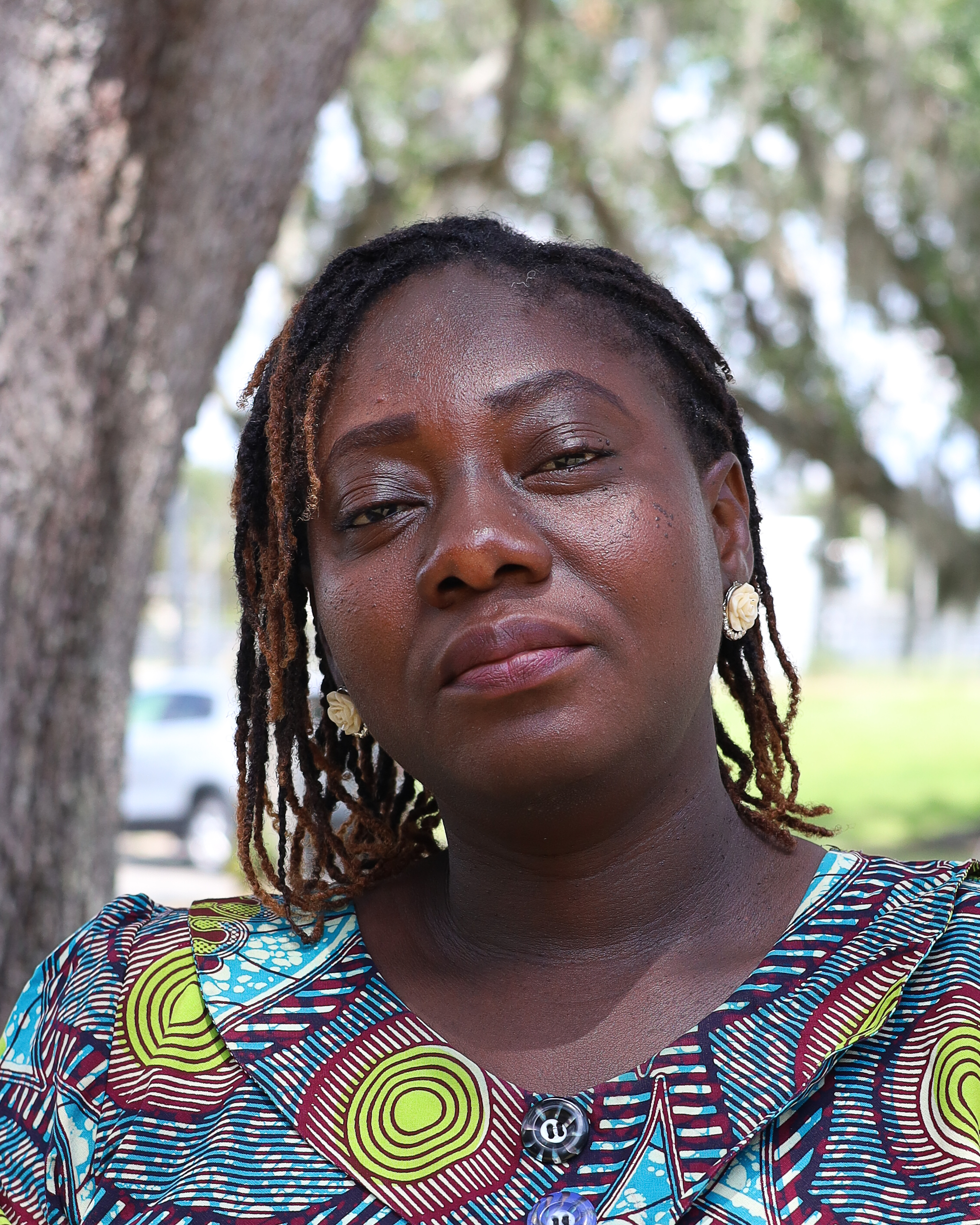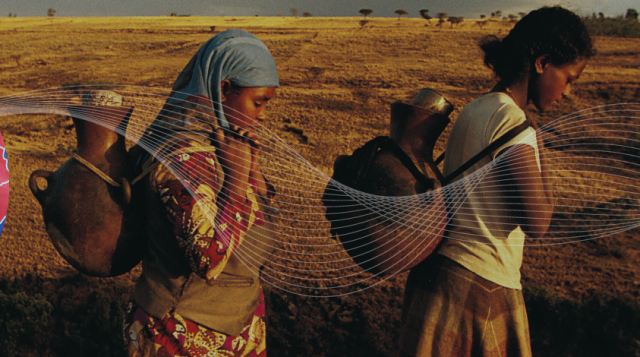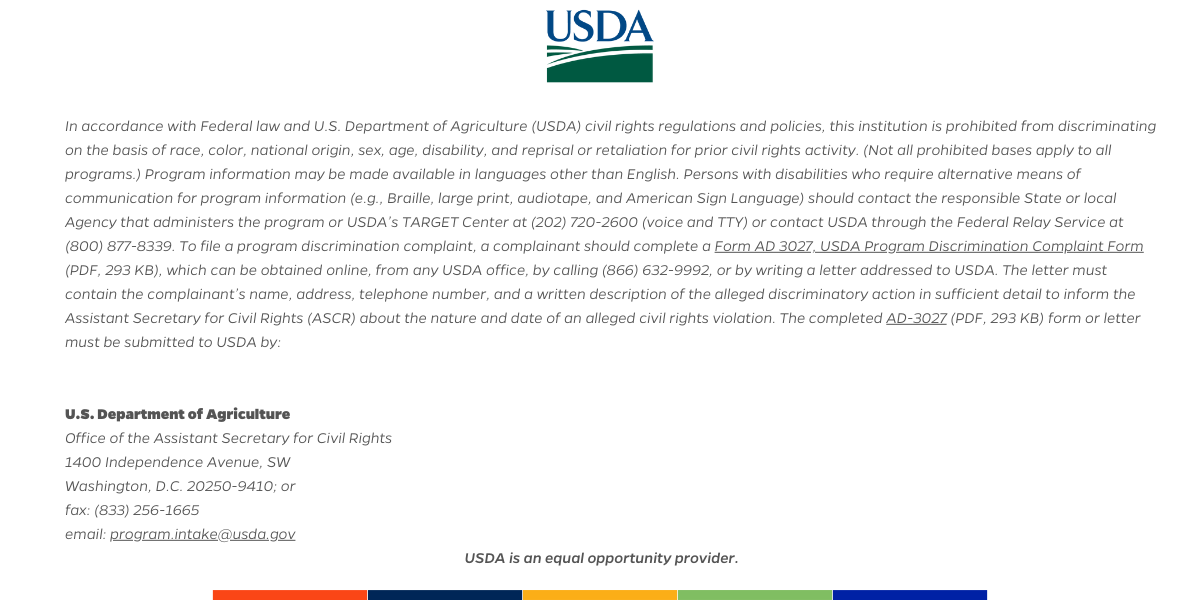
Project Summary
The Advancing Agricultural Excellence project is a comprehensive training program on animal feeding, cropping systems, and nutrient management for international fellows from the Global South. The University of Florida will accept 4 fellows visiting Gainesville and the surrounding area for 12 weeks, attending various educational activities based around sustainable agriculture.


